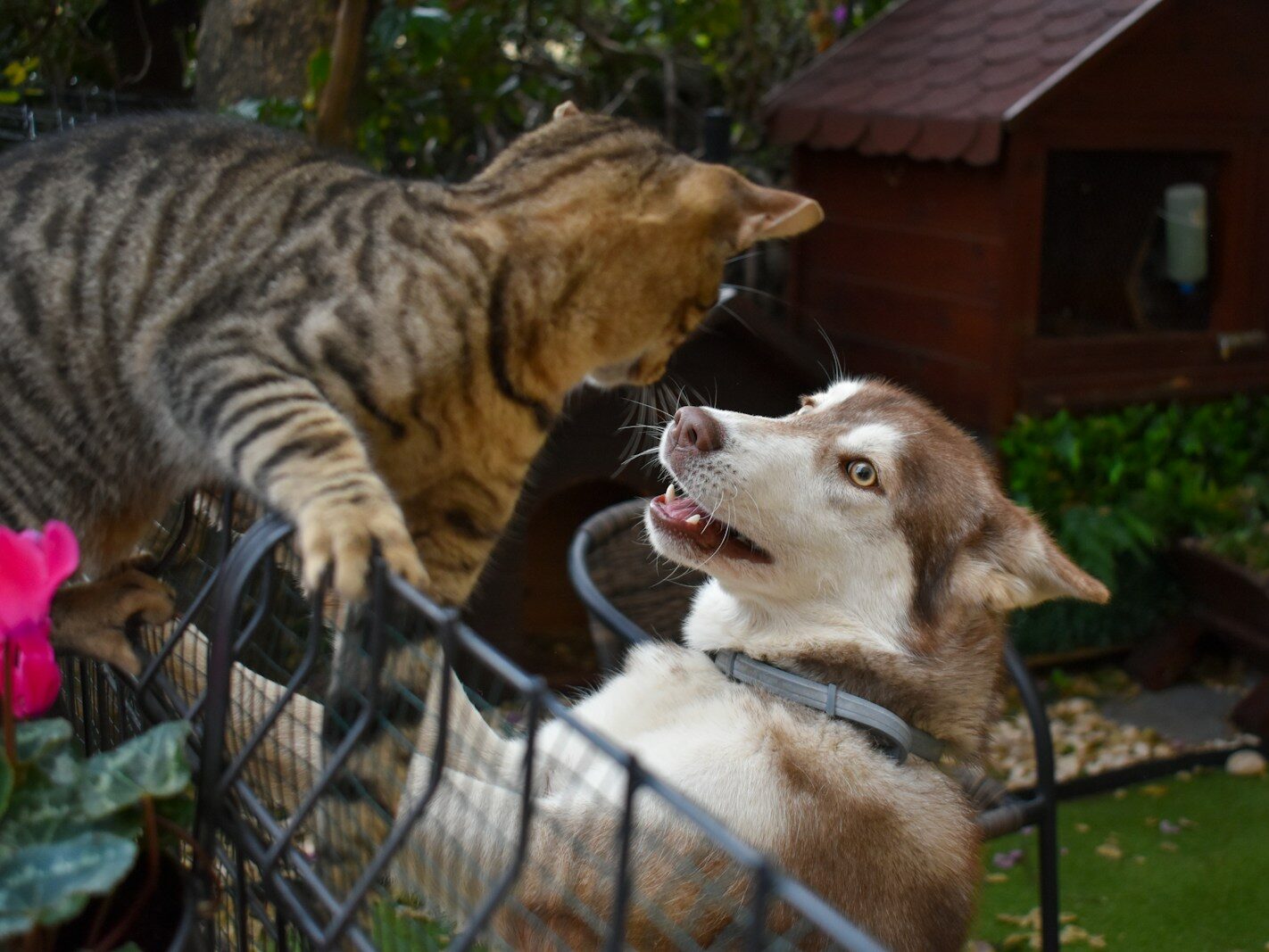
Living with a cat means living with low-level anxiety at all times. They’re mysterious little creatures who turn ordinary moments into heart attacks. One second, everything’s calm, and the next, you’re sprinting across the room, convinced disaster has struck. Cats move fast. Trouble moves faster. And when something happens, it happens in a blink.
The door opens for half a second.
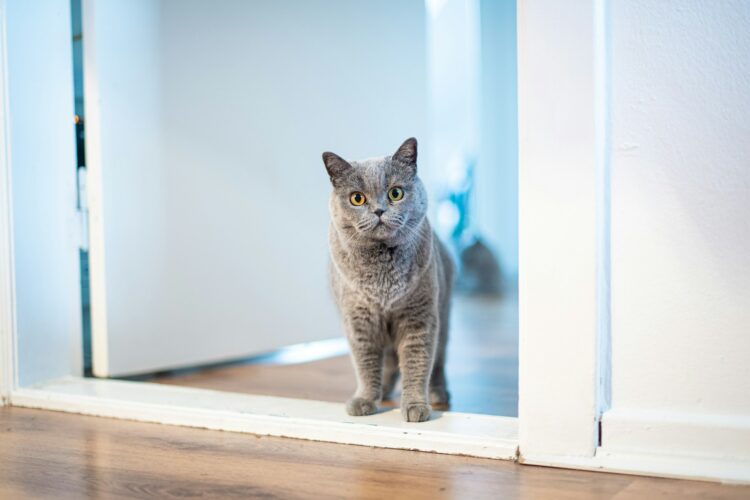
It’s always an accident. A delivery. A gust of wind. You bend down to grab the package, and in that fraction of a second, they’re gone. The sound of their paws on the tile fades before your brain catches up. You drop everything, shouting their name, heart pounding so hard you can feel it in your teeth. Every shadow looks like them. Every sound makes you jump. And just when you’ve accepted they’re lost forever, they stroll out from under the car, tail high, completely unfazed. You cry with relief, and they yawn.
You step on something soft.

It’s 3 a.m. You’re half-asleep, walking to the bathroom, when your foot lands on something that moves. The sound that escapes you isn’t human. They dart away in a blur of fur, leaving you frozen, horrified, whispering apologies like it matters. You spend the next ten minutes trying to coax them out, offering treats, promising the universe you’ll watch every step from now on. They forgive you eventually — but you’ll never forget that awful second of guilt.
They start choking on nothing.
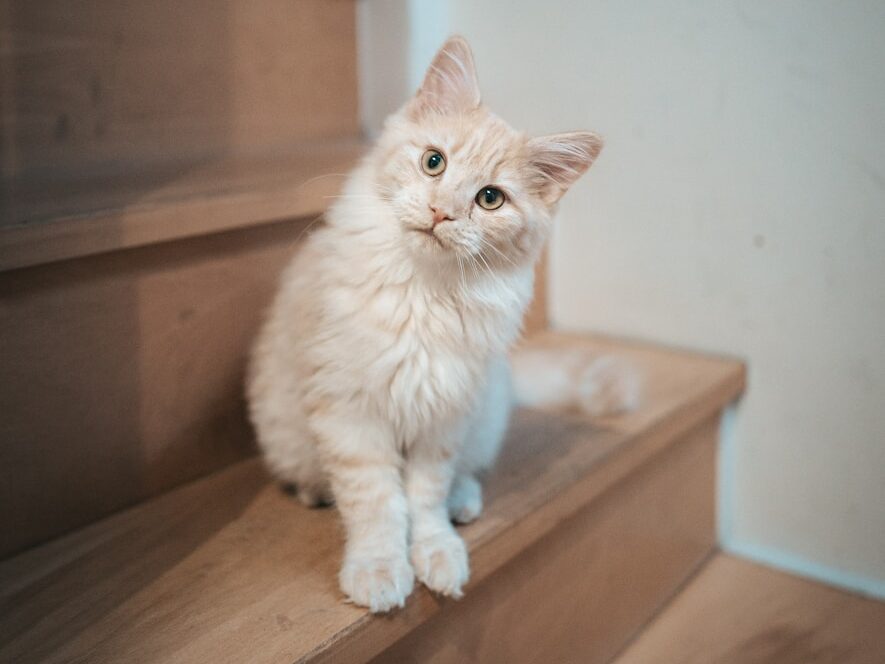
They’re sitting peacefully on the couch one minute, and the next, they’re making that awful sound. That dry, hacking, panicked noise that rips you straight out of your seat. You rush over, helpless, watching them struggle, trying to figure out if it’s just a hairball or something worse. It’s always only a hairball until one day, you’re not so sure. Even when it ends fine, you can’t calm down for hours. The fear lingers, waiting for the next cough.
You can’t find them anywhere.
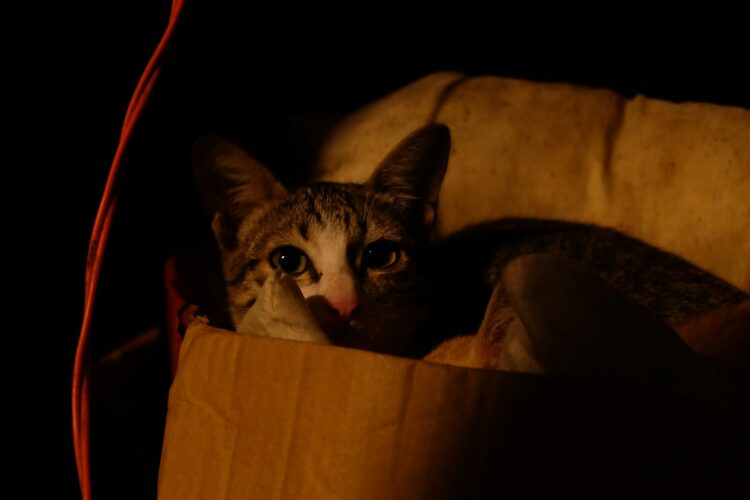
You’ve searched every logical spot, and nothing. You call their name, shake the treat bag, and open their favorite cupboard. Silence. The panic builds. You start imagining the impossible: they slipped outside, got trapped, disappeared forever. Then, just as tears start building, you find them curled up in the one place you didn’t check — inside a drawer, under a blanket, or behind the couch cushions.
They leap and miss.

Cats are supposed to land on their feet — until the one time they don’t. You watch it unfold in slow motion: they leap for the counter, paws outstretched, and their claws don’t catch. They hit the floor hard, twisting midair. You’re frozen, staring, waiting for them to get up. They do, pretending it didn’t happen, but you’re already Googling “signs of a cat injury” and calling the vet in your head. They walk it off, tail high, pride dented but fine. You, however, are traumatized.
They eat something they shouldn’t.
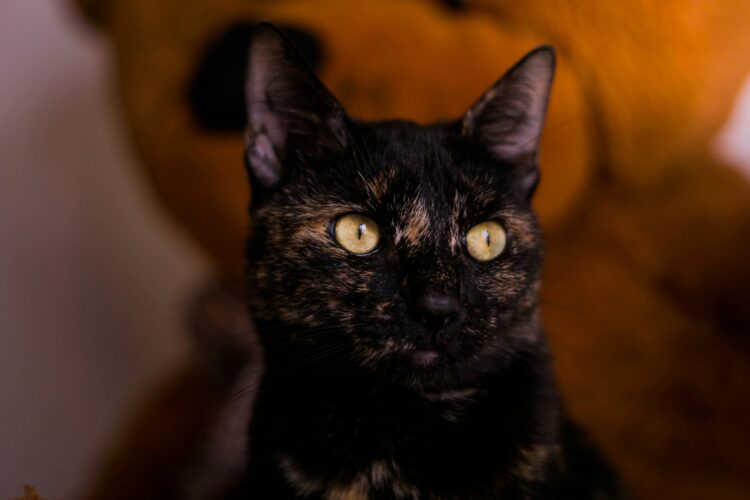
A tiny piece of string. A dropped pill. A plant leaf that “didn’t look that toxic.” You look away for one second, and it’s gone. The panic sets in fast. You’re online reading horror stories, typing your zip code into the emergency vet locator, heart racing. You check their mouth, their pupils, and their breathing. They look completely normal — maybe even smug. You still watch them for hours, waiting for any sign. The next morning, they’re fine, but you never leave anything on the counter again.
You hear a crash from the next room.

It’s not just a sound. It’s a full symphony of chaos — glass breaking, something heavy falling, your pulse spiking. You sprint toward it like it’s an emergency call. And there they are, sitting beside the wreckage, eyes wide with fake innocence, tail flicking as if you did it. The room looks like a crime scene, but they don’t care. You clean up the shards in silence, telling yourself to breathe. They watch, unimpressed, planning their next jump.
You see an open window.

It’s the kind of fear that freezes you mid-breath. The window’s open, the curtain’s moving, and the apartment is too quiet. You call their name — nothing. You scan the sill, the floor, the yard below. Panic builds fast and ugly. You imagine everything that could’ve happened in the seconds you weren’t looking. And then you see them, curled up on a chair in the corner, blinking at you like you’ve lost your mind. You close the window, double-check the latch, and sit down until your heartbeat slows.
They throw up something unrecognizable.
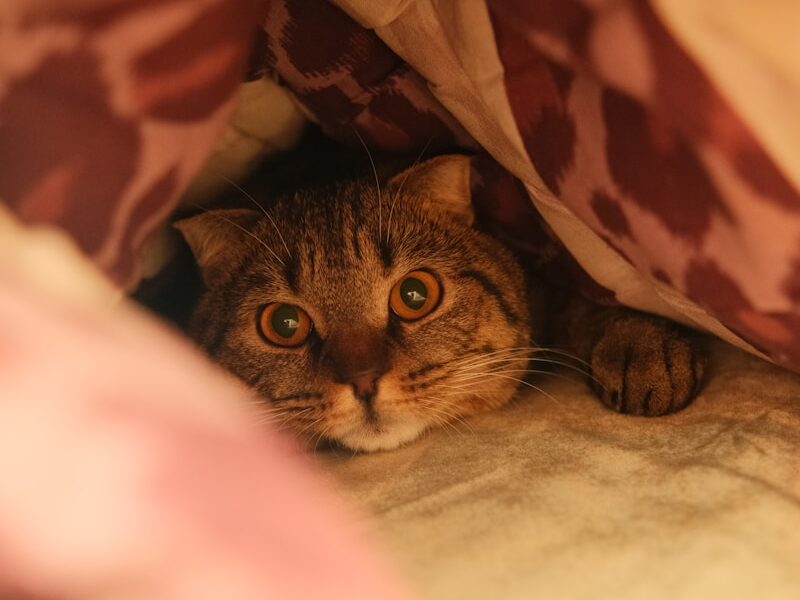
That sound is every cat owner’s alarm bell. You flip on the light, rushing over before they finish, but it’s too late. You stare at the pile on the floor, trying to identify what’s in it. Is that plastic? Fur? A toy? They’re already licking their paws, proud of themselves. You’re the one kneeling at 2 a.m., Googling symptoms and scrubbing carpet cleaner through tears. The next day, they act like it never happened. You’re still on edge for days.
They vanish outside for too long.
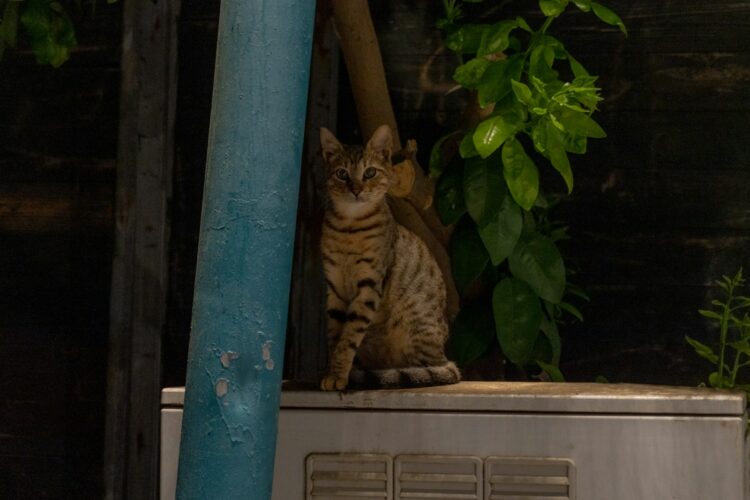
You let them out for “just a few minutes.” It’s been thirty. Then an hour. You’re walking barefoot through the yard, calling, clapping, shaking the treat jar. The silence feels enormous. Your mind jumps straight to worst-case scenarios — cars, predators, someone leaving a gate open. Then, just when you’re about to lose it, they appear behind you, stretching and yawning like they’ve been there the whole time.
They dart under your feet.
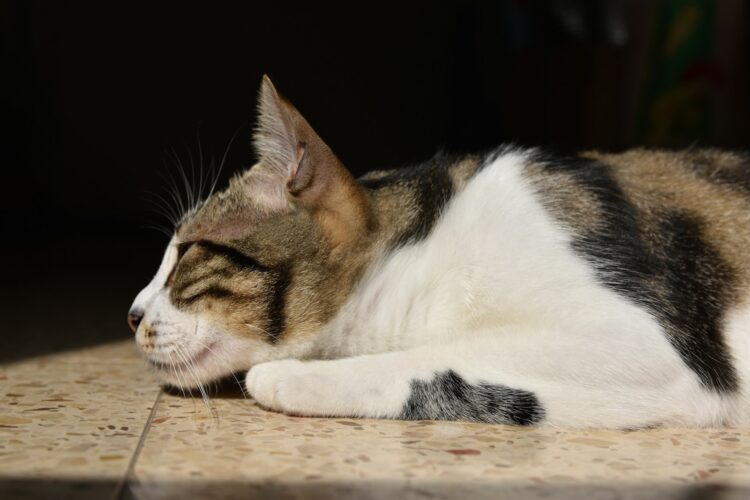
It’s always when you’re carrying something — hot coffee, groceries, a box. They appear out of nowhere, weaving between your legs like they’re trying to end both your lives. You trip, you shout, you spill everything, heart racing from the near miss. They freeze, wide-eyed, as if you did something wrong. You feel ridiculous for being mad. Then you nearly fall again five minutes later because they do it again.
They get suddenly, terrifyingly still.
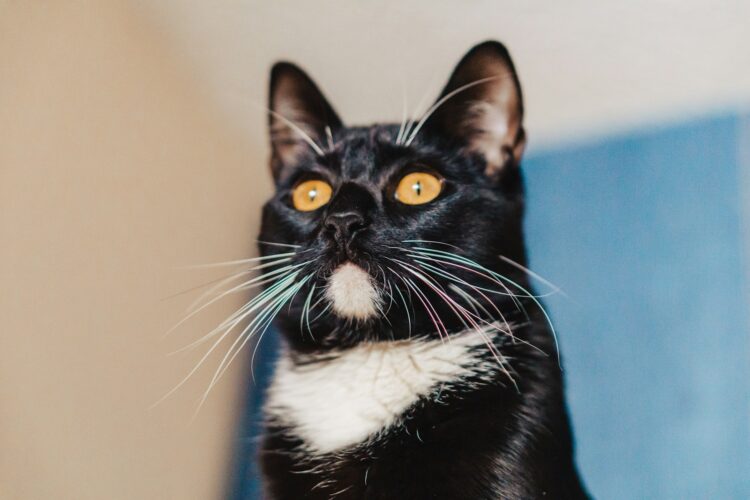
They’re lying there, motionless, eyes closed — too still. You say their name. No reaction. You touch them lightly, afraid of what you might find. Then, finally, they flick an ear or stretch, annoyed at being disturbed. You laugh nervously, but the truth hits you: one day, they won’t move. The fear stays with you long after you go back to what you were doing. You love them so much it hurts.
They slip into a place they can’t get out of.
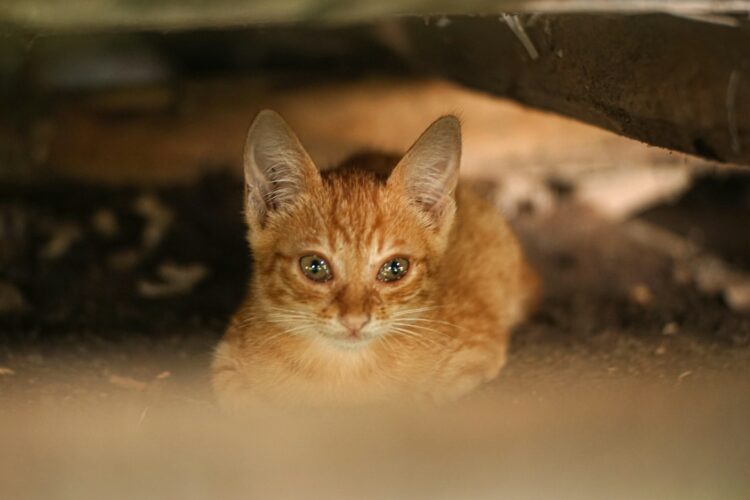
A drawer. A closet. Behind the washer. You hear the faintest meow and can’t tell where it’s coming from. You move furniture, crawl on the floor, and talk to them like they can answer you. When you finally find them, their face says it all — Why did you take so long? You hold them a little too tightly, heart pounding, half crying, half laughing. You close every door afterward, but you know it’ll happen again.
They panic at nothing.
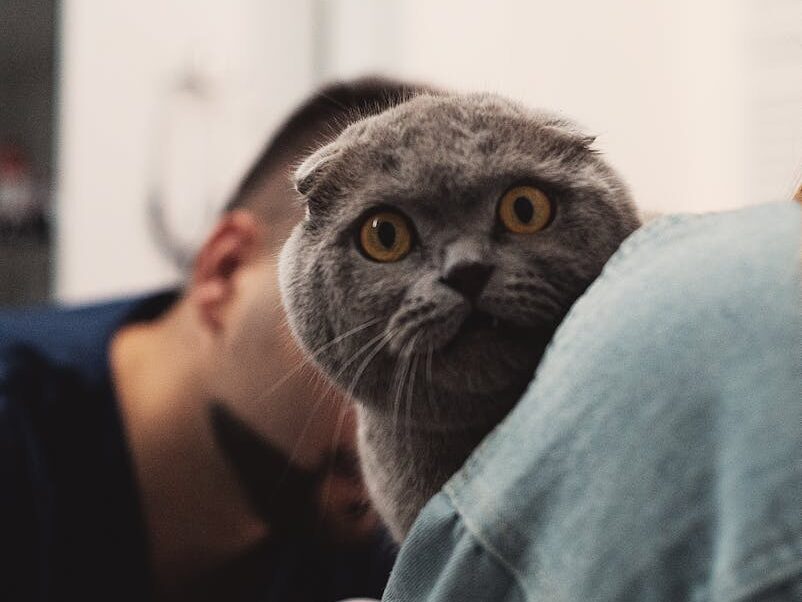
A sound you didn’t hear. A shadow. A fly. Suddenly, they explode into motion — claws out, knocking things over, fur puffed, running for their life. Your heart stops because you think it’s a fire or an intruder. Then it’s over, and they’re back on the counter, licking a paw. You stand in the wreckage, sweating, wondering what invisible ghost just scared you both.
They don’t come when you call.
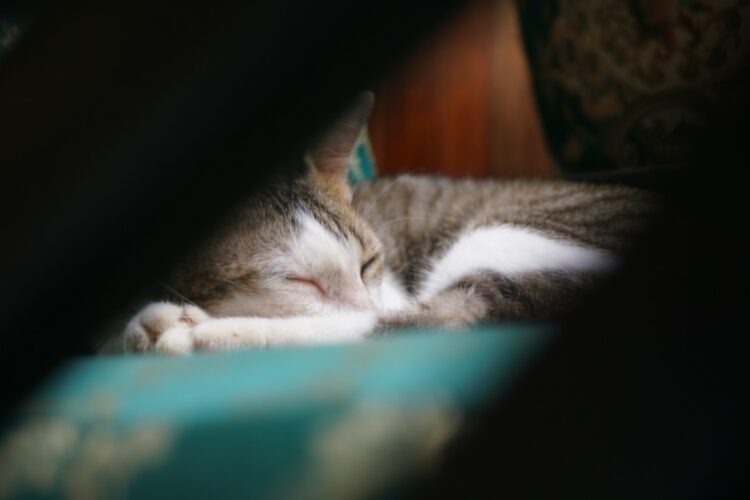
You say their name once, twice, ten times. No response. Usually, they appear by the third. This time, nothing. You search the rooms, under the furniture, outside, behind curtains — and they’re gone. You call louder, panic building, tears pricking your eyes. Then, out of nowhere, they appear in the doorway, stretching, yawning, as if nothing happened. You drop to your knees and hug them too tightly, whispering you love them like they understand. Maybe they do.

